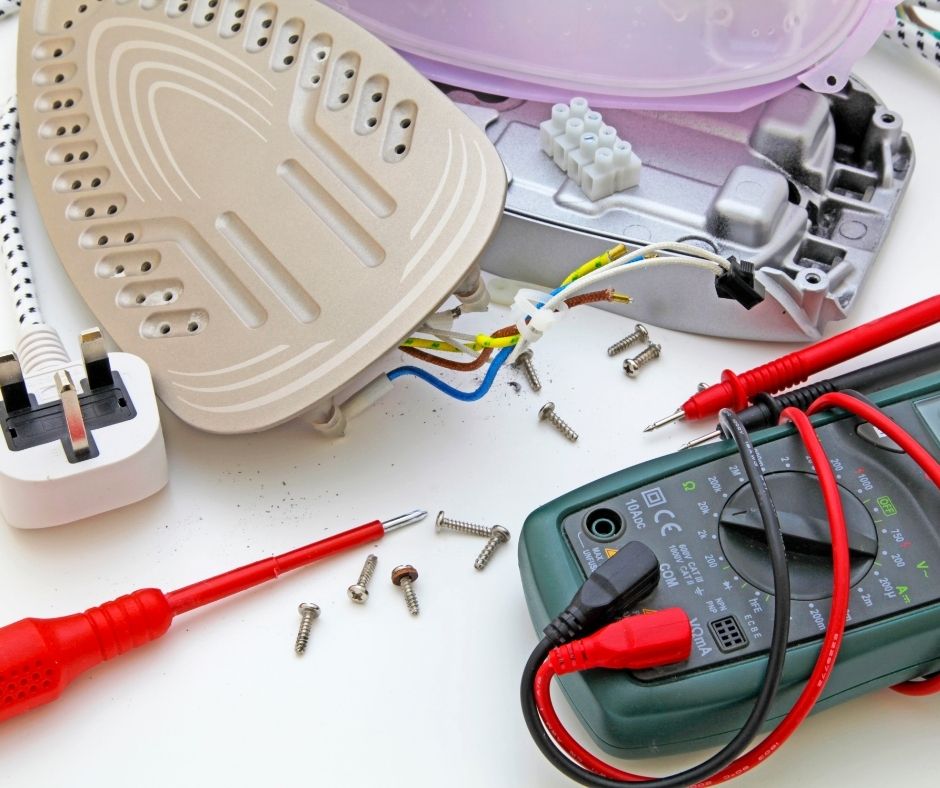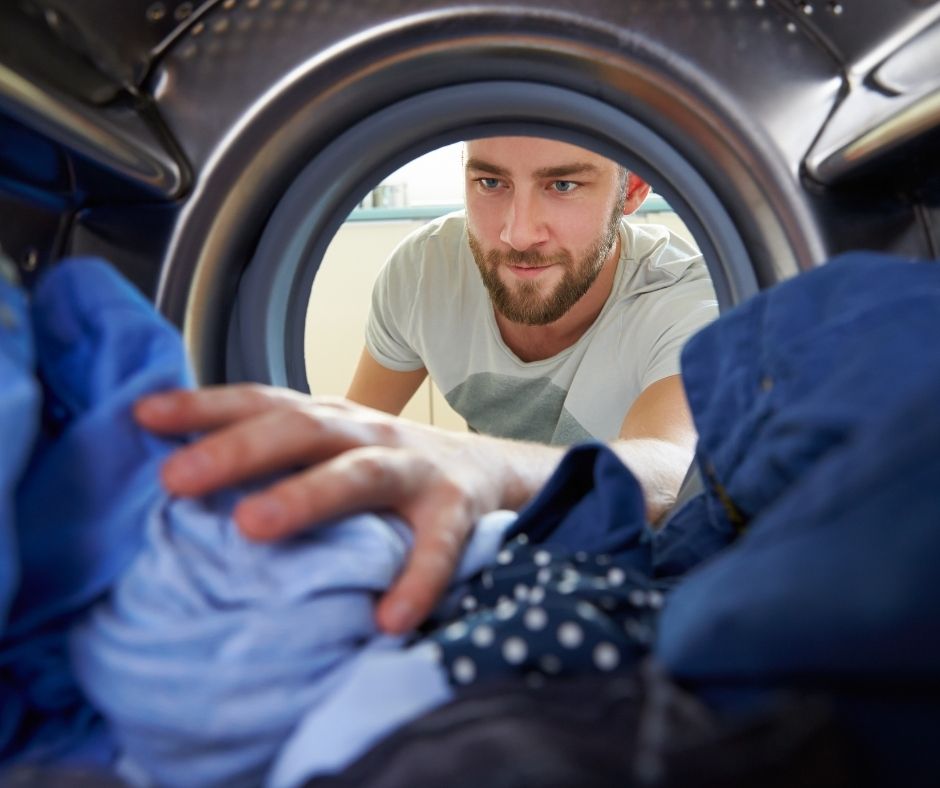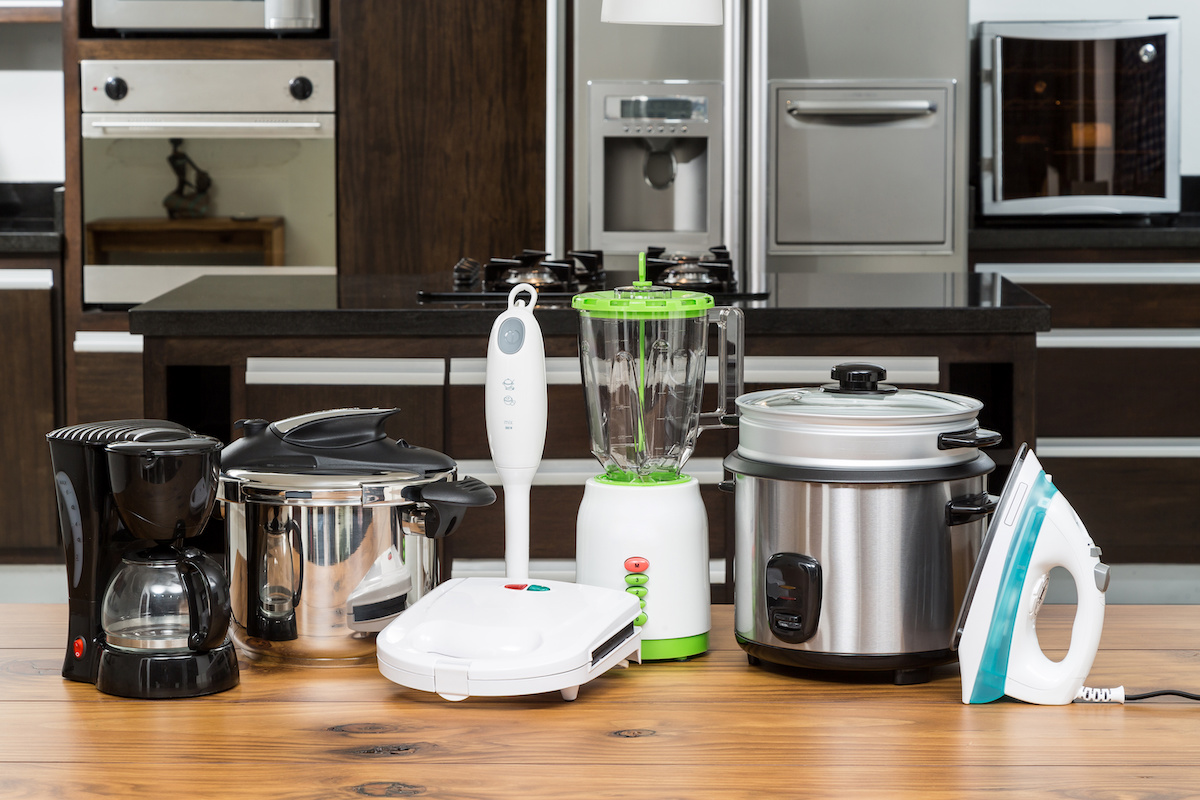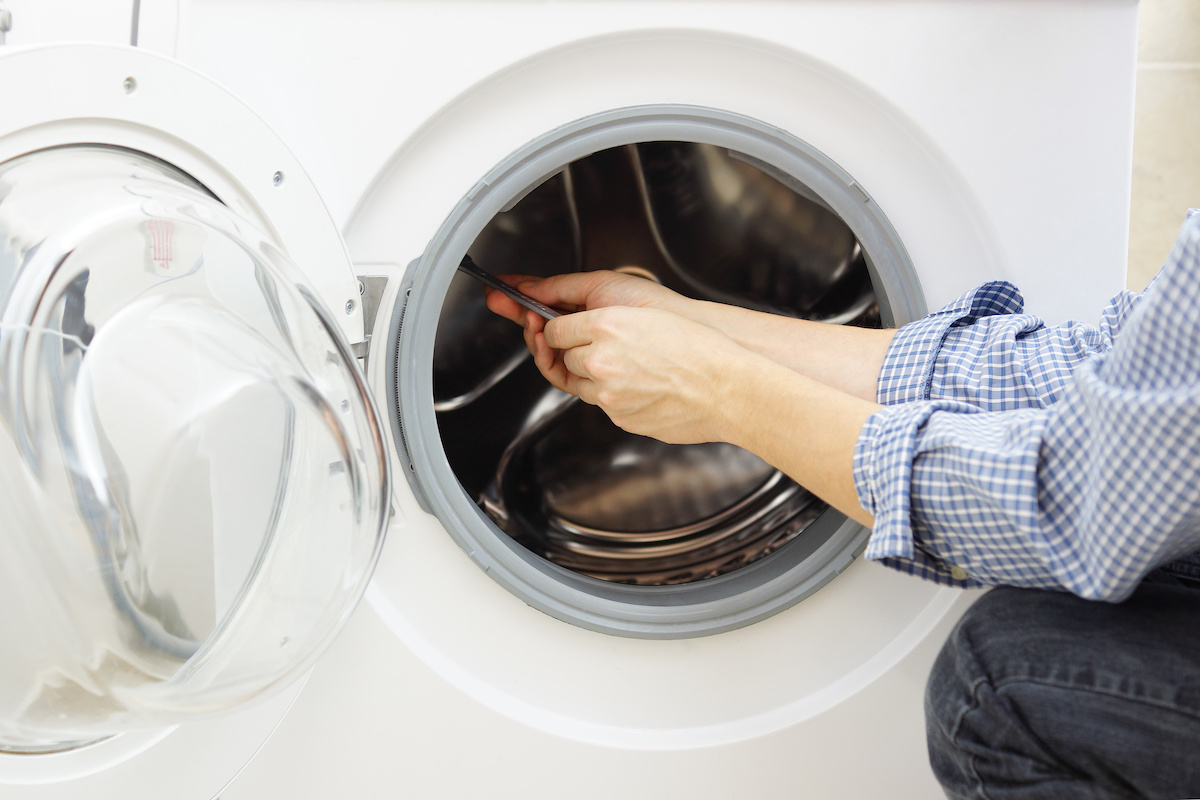
DIY Appliance Repairs - What You Can and Can't Do at Home
Appliances are an integral part of every household, and when they malfunction, it can disrupt daily routines. In an effort to save time and money, many homeowners consider fixing the issue themselves. However, while some DIY appliance repairs are possible with basic tools and knowledge, others require professional expertise.
In this guide, we’ll explore common appliance issues, when it’s safe to try a DIY fix, and when it’s time to call in the professionals at Atlanta Appliance Services.
The Benefits and Risks of DIY Appliance Repairs
Before diving into which appliance repairs are safe to tackle on your own, it’s essential to weigh the benefits and risks of DIY fixes.
Benefits of DIY Appliance Repairs:
- Cost Savings: One of the main reasons homeowners attempt DIY repairs is to save money. Small repairs can be inexpensive when you handle them yourself.
- Immediate Action: When your fridge stops cooling or your washing machine won’t drain, waiting for a repair technician can be frustrating. DIY repairs allow you to address issues immediately, reducing downtime.
- Learning Opportunity: For those who enjoy hands-on work, fixing an appliance can be a satisfying experience and a chance to develop new skills.
Risks of DIY Appliance Repairs:
- Further Damage: Without proper training or experience, you could inadvertently cause more harm to the appliance, leading to more expensive repairs later.
- Personal Injury: Appliances like stoves, microwaves, and refrigerators are connected to high-voltage power sources. Attempting repairs without proper precautions could result in electric shock or injury.
- Voiding Warranties: Many manufacturers provide warranties on their appliances. However, tampering with or attempting to fix them yourself may void the warranty, leaving you liable for future repairs.
- Time-Consuming: What may seem like a simple fix could take hours, especially if you don’t have the correct tools or knowledge.
Understanding the risks and rewards can help you make an informed decision about whether to attempt a repair or call a professional.
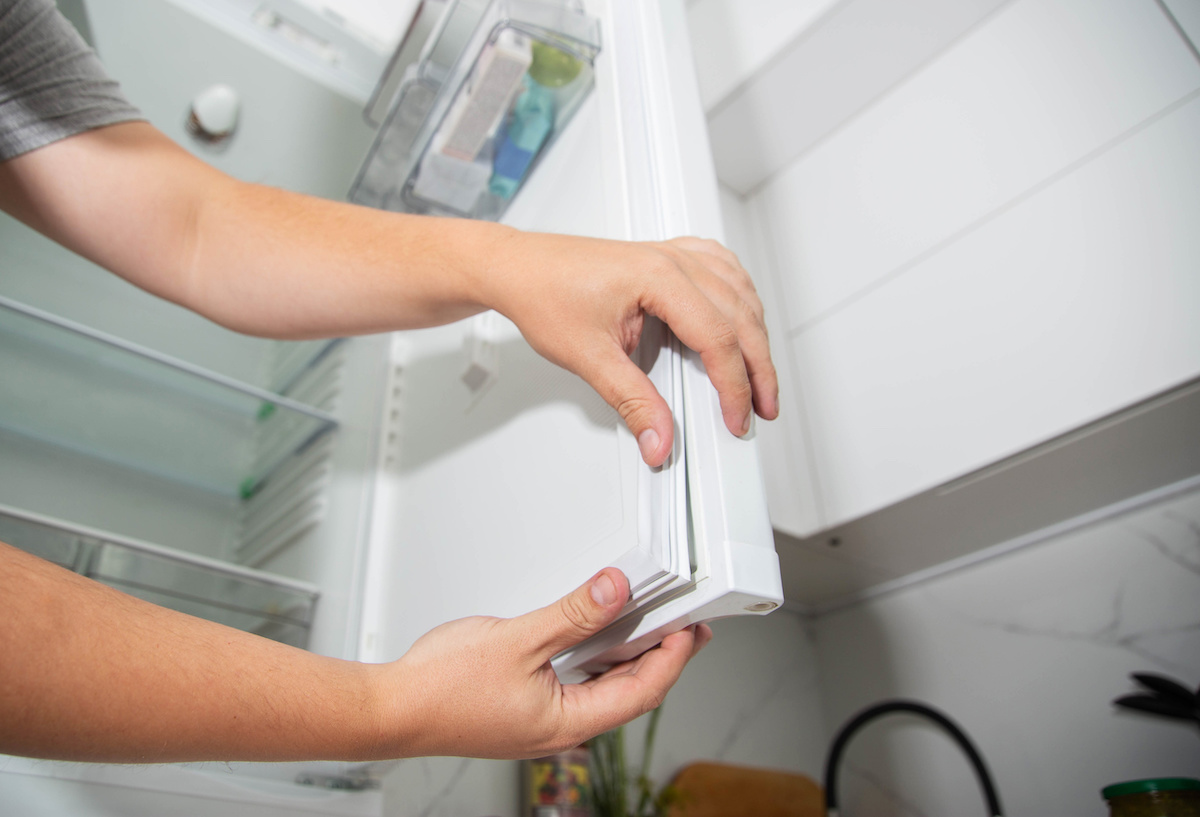
What You CAN Fix at Home: Simple Appliance Repairs
There are certain repairs that homeowners can confidently handle without much risk of injury or further damage. These typically involve minor parts replacements or adjustments.
1. Replacing Refrigerator Door Seals
If you’ve noticed that your refrigerator isn’t sealing properly, or the door doesn’t close tightly, it could be due to worn-out door seals (gaskets). Over time, seals can wear out or become dirty, reducing the efficiency of your fridge.
How to Fix It:
- Clean the existing gasket with warm, soapy water.
- If cleaning doesn’t improve the seal, then you can purchase a replacement gasket specific to your refrigerator model.
- Simply remove the old gasket and install the new one by snapping it into place.
2. Unclogging a Dishwasher Drain
A dishwasher that doesn’t drain properly is a common issue. The cause is often a clogged drain, which can usually be cleared with some basic DIY troubleshooting.
How to Fix It:
- Check the drain at the bottom of the dishwasher for debris.
- Remove any blockages and clean the filter.
- If the clog persists, disconnect the hose under the sink and clear any blockages.
- Reconnect the hose and run a cycle to check for drainage.
3. Replacing Washing Machine Belts
If your washing machine’s drum isn’t spinning, it might be due to a worn-out belt. Replacing the belt is relatively simple and can be done without professional help.
How to Fix It:
- Unplug the washing machine and locate the belt at the bottom or back of the appliance.
- Remove the old belt and replace it with a new one. Make sure it fits snugly and securely.
- Plug the machine back in and test it by running a cycle.
4. Cleaning Dryer Lint Traps and Vents
A dryer that takes longer than usual to dry clothes or overheats may be suffering from a clogged lint trap or vent. Cleaning these areas can improve dryer efficiency and reduce fire hazards.
How to Fix It:
- After each load, clean the lint trap by removing lint and debris.
- Periodically, check the dryer vent hose and exterior vent to ensure they’re clear of lint buildup.
- Use a vent brush or vacuum attachment to remove any blockages in the hose or vent.
5. Replacing Oven Heating Elements
If your oven isn’t heating evenly, then a faulty heating element might be to blame. Replacing this element is a straightforward repair that most homeowners can handle.
How to Fix It:
- Turn off power to the oven.
- Locate the heating element, typically at the bottom of the oven.
- Unscrew the old element and disconnect it from the wires.
- Attach the new heating element, reconnect the wires, and secure it in place.
- Restore power and test the oven.
What You SHOULD NOT Fix at Home: Complex Appliance Repairs
While some appliance repairs are simple, others are best left to professionals. These repairs often involve high-voltage systems, complex mechanisms, or refrigerants that require specialized tools and expertise.
1. Refrigerator Compressor Problems
The compressor is a vital component of your refrigerator that helps circulate refrigerant and regulate temperature. If your fridge isn’t cooling, then the compressor may be the culprit.
Why It’s Best to Leave to Professionals:
- Compressors involve complex electrical systems and refrigerants.
- Mishandling the refrigerant can lead to leaks, which are harmful to both your health and the environment.
- Replacing a compressor requires special tools and knowledge of how the refrigerant system works.
2. Microwave Repairs
Microwaves are convenient kitchen appliances, but they can be dangerous to repair. The internal capacitor can store a large amount of electricity even when the microwave is unplugged, posing a risk of electric shock.
Why It’s Best to Leave to Professionals:
- High-voltage components such as capacitors can cause serious injury or death if mishandled.
- Microwave radiation, though shielded, can still pose hazards if the appliance is not correctly repaired.
- Certified technicians have the expertise to safely diagnose and fix microwave issues.
3. Gas Appliance Repairs
Gas stoves, ovens, and dryers rely on gas lines, and any error in repairing these appliances can lead to gas leaks. A gas leak can result in a fire or explosion, making it extremely dangerous for untrained individuals to attempt repairs.
Why It’s Best to Leave to Professionals:
- Incorrect repairs can cause gas leaks, leading to issues such as fires, explosions, or carbon monoxide poisoning.
- Gas appliances require precise adjustments, including pilot light repair, burner cleaning, and valve replacements.
- Licensed technicians are trained to work with gas lines safely and ensure compliance with local regulations.
4. Dishwasher Motor and Pump Issues
Dishwashers use a combination of water, pressure, and electrical components to clean your dishes. If the motor or pump malfunctions, then the repairs can be complex and should only be handled by someone with technical expertise.
Why It’s Best to Leave to Professionals:
- Motors and pumps are integral parts of a dishwasher’s operation and involve electrical and water systems.
- Improper repairs can lead to water damage, electrical issues, or further damage to the appliance.
- Technicians have the tools to diagnose the exact issue and fix it without causing additional problems.
5. Washing Machine Drum or Motor Repairs
The drum and motor are central to your washing machine’s ability to function properly. Repairs to these components are often labor-intensive and require advanced technical skills.
Why It’s Best to Leave to Professionals:
- Drum and motor repairs often involve removing large components of the appliance, which can be difficult without proper tools.
- Misaligning parts during a DIY repair can cause further issues, leading to more expensive repairs.
- Professional technicians can quickly diagnose the issue and fix it with minimal disruption to your home.
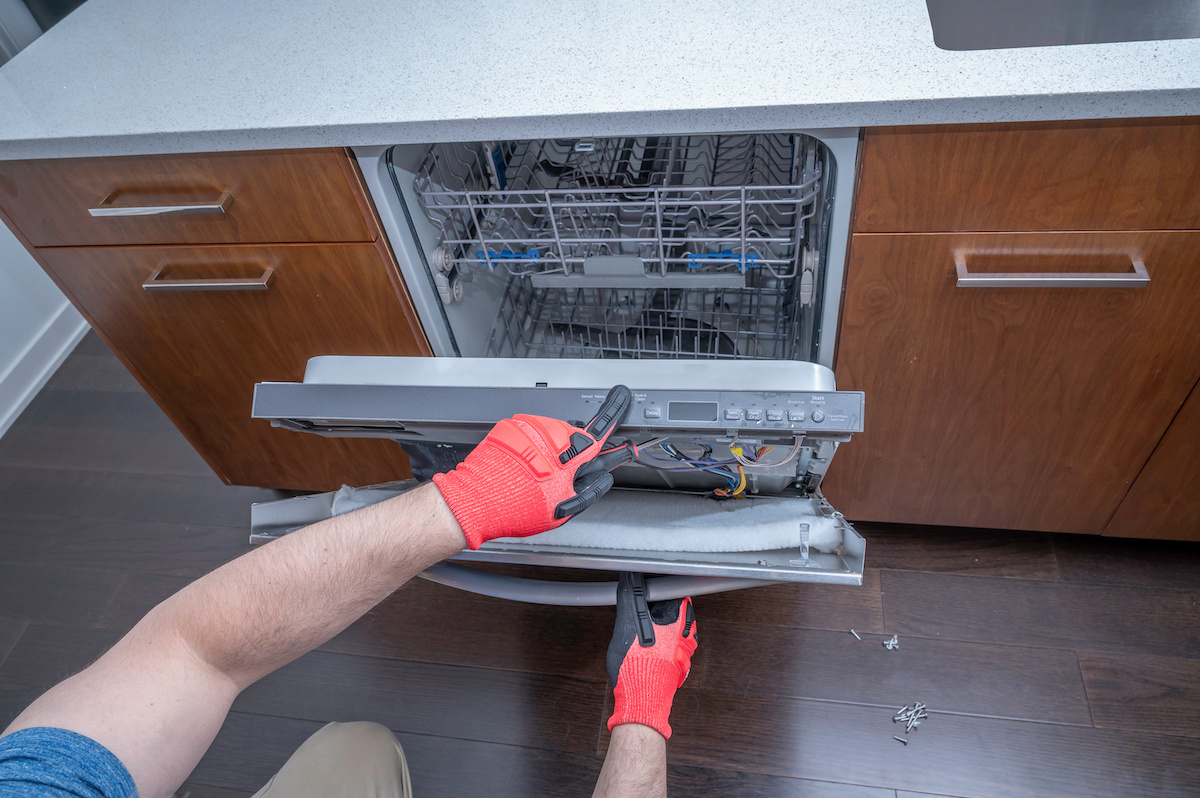
When to Call Atlanta Appliance Services
For homeowners, knowing when to attempt a DIY fix and when to call the professionals is crucial. While minor repairs can be tackled with basic tools and patience, more complex issues should always be handled by experienced technicians.
Here’s when to contact Atlanta Appliance Services:
- Electrical Issues: If your appliance is experiencing electrical problems, then leave it to the experts. Dealing with wiring, fuses, or power issues can be extremely dangerous.
- Persistent Problems: If your DIY fix doesn’t resolve the issue, then it’s time to call a professional. Attempting further repairs could lead to more damage.
- Warranty Concerns: If your appliance is still under warranty, then contact us before attempting any DIY repairs. Our team can ensure your appliance is fixed without voiding the warranty.
At Atlanta Appliance Services, we offer fast, reliable, and affordable repairs for all major household appliances. Whether your refrigerator isn’t cooling, your washing machine isn’t draining, or your dishwasher won’t start, our expert technicians are here to help.
Don’t Risk it with DIY Appliance Repairs
DIY appliance repairs can save time and money when done correctly, but it’s important to know your limits. Minor fixes like unclogging a dishwasher or replacing a refrigerator gasket are safe to handle at home. However, more complex repairs—especially those involving gas lines, electrical components, or refrigerants—should be left to professionals.
If you’re ever unsure about a repair, then don’t hesitate to contact Atlanta Appliance Services. We’re here to ensure your appliances run smoothly and safely, giving you peace of mind and a fully functional home.

